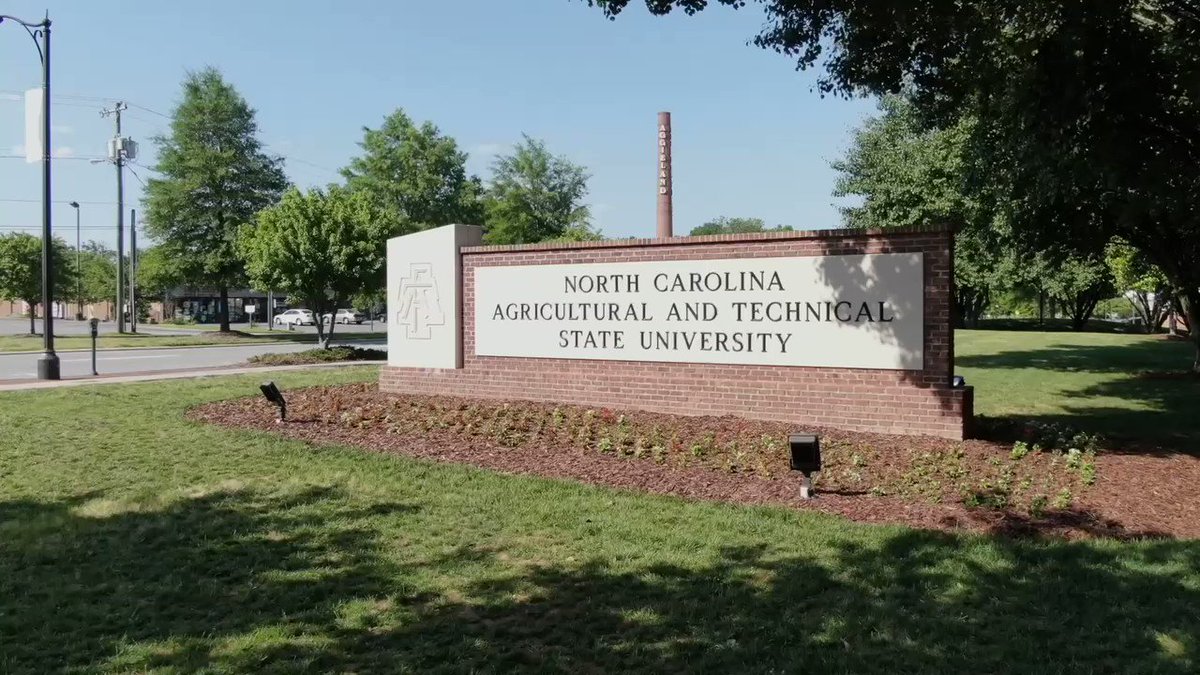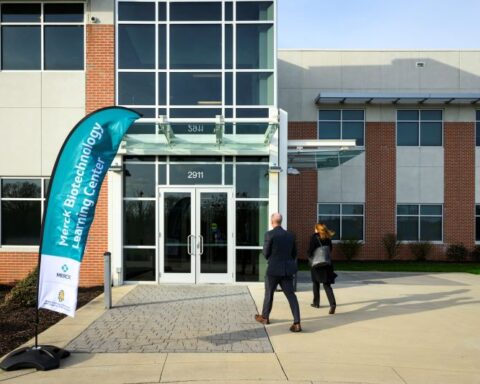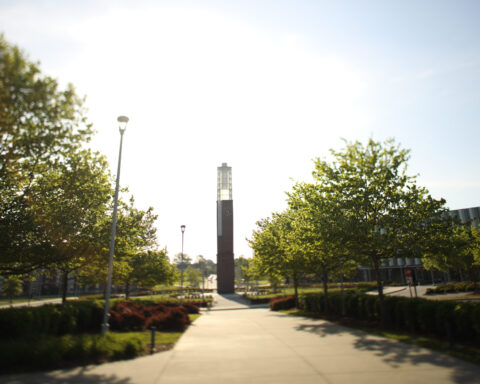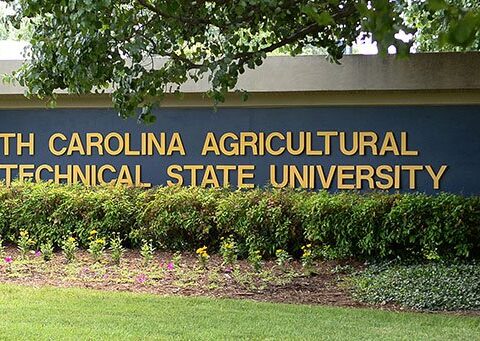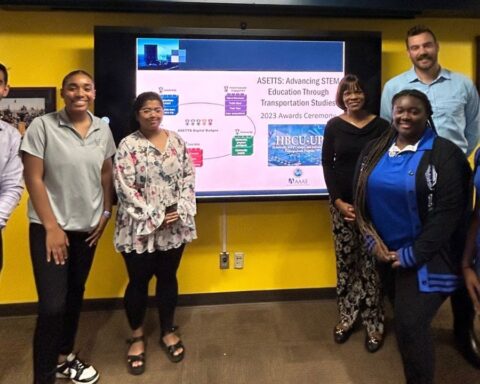By Jordan Howse
North Carolina Agricultural and Technical State University will open the Center for Electrochemical Dynamics and Reactions on Surfaces (CEDARS) funded by a four-year $10.35 million grant from the Department of Energy (DOE). The center will be led by Dhananjay Kumar, Ph.D., a professor in the Department of Mechanical Engineering, College of Engineering (COE).
CEDARS is an interdisciplinary effort to establish clean energy initiatives. It is one of 43 universities and national laboratories receiving more than $400 million. The $400 million will go toward establishing and continuing Energy Frontier Research Centers (EFRC). CEDARS will primarily focus on splitting hydrogen and oxygen from water to produce clean hydrogen for energy use.
A&T is the only historically Black college or university – and the only university in the state of North Carolina – to receive this DOE funding.
“We are elated to lead this historic and innovative research center to move our country forward in clean energy,” said Stephanie Luster-Teasley, Ph.D., COE interim dean. “This award, paired with the university’s $23 million Steps4Growth clean energy workforce training award will ensure N.C. A&T’s College of Engineering’s faculty and students demonstrate leadership in contributing to creating a net-zero emissions economy and continues to promote diversity in clean energy fields.”
Kumar is the center’s principal investigator and will work with A&T researchers Kristen Rhinehardt, Ph.D., COE Computational Science and Engineering; Bishnu Bastakoti, Ph.D., College of Science and Technology, Chemistry; Shyam Aravamudhan, Ph.D., Joint School of Nanoscience and Nanoengineering; and Caroline Booth, Ph.D., Counseling, College of Education.
He will also lead faculty from Massachusetts Institute of Technology (MIT), Cornell University, Penn State, Colorado University at Boulder, Lawrence Berkeley National Laboratory and National Renewable Energy Laboratory.
“This is a crown jewel award from DOE that has never been awarded to an HBCU until now,” Kumar said. “Not only will we be working on clean energy initiatives, we will also be involved in enhancing diversity, inclusion and equity by involving high school, undergraduate and graduate students from historically underserved backgrounds in our research.”
Other institutions receiving funding include Stanford University, Michigan State University, MIT and Georgia Tech. Click here for the full list of awardees.
EFRCs bring together multi-disciplinary scientific teams to tackle the toughest scientific challenges preventing advances in energy technologies. The projects, led by 28 universities and nine National Laboratories with more than 75 additional partner institutions, will study everything from energy storage to quantum information science.
These investments will support research that is foundational to the development of solar and nuclear energy technologies, energy storage, carbon capture, novel manufacturing processes, and the more efficient use of critical minerals in energy technologies and manufacturing.

